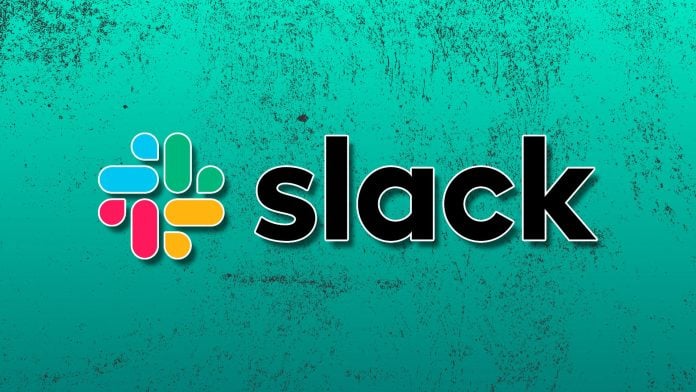In a powerful movement towards workforce inclusion, Next Chapter, an innovative apprenticeship program born out of Slack in collaboration with The Last Mile, W.K. Kellogg Foundation, and FREEAMERICA, is expanding its reach. The initiative aims to provide a vital second chance for formerly incarcerated individuals, allowing them to build sustainable careers and mitigate systemic barriers that plague their reintegration into society.
Since its inception in 2018, Next Chapter has addressed the challenges faced by those returning to the workforce after incarceration. Many former inmates encounter significant obstacles, including legal barriers that often disqualify them from jobs, particularly in stable, high-paying sectors like tech. This cycle not only perpetuates poverty and recidivism but complicates recruitment efforts for companies desperate for qualified engineering talent – a situation that impacts communities nationwide, particularly communities of color.
Through the Next Chapter program, participants receive crucial technical training and professional mentorship to help them establish careers in the technology sector. The results speak for themselves: over 30 apprentices have transitioned into full-time engineering roles at respected tech firms, with some even advancing to managerial positions.
Building on this success, Next Chapter has announced the inclusion of three additional hiring partners: PayPal, Asana, and Stash. These companies join an esteemed group of 14 partners—such as Zoom, Dropbox, and Square—committed to integrating formerly incarcerated talent into their teams.
De’Markus Matthews, a former Next Chapter apprentice now thriving as a software engineer at Slack, shares how the program transformed his life: “Next Chapter changed everything for me. I was already motivated to change my life, but having this kind of support made me work even harder and set my goals higher. Being around people who really care about me, believe in me, and want me to succeed—that’s what got me to where I am today.”
Slack’s CEO, Stewart Butterfield, emphasizes the program’s impact on company culture and employee dynamics: “It’s been incredible to watch this program grow and see the impact it’s had not only on the lives of apprentices, but also on all of our employees and on our culture. Working directly with someone who has spent time in prison—to learn their story and see the value they bring to their teams—opens hearts and minds.”
The initiative is more than just a workforce program; it is a concerted effort to dismantle systemic barriers against formerly incarcerated individuals. Creating equitable employment opportunities not only helps individuals reintegrate effectively but also benefits organizations by tapping into a previously overlooked talent pool. PayPal’s Chief Transformation Officer, Erica Gessert, articulates this synergy: “Partnering with Next Chapter is a natural fit with PayPal’s mission and our value of inclusion—contributing to our broader community, providing opportunities for the overlooked or underserved, and working to break down barriers.”
However, the program’s success does not come without potential challenges. Small business owners interested in such initiatives may need to consider the complexities involved in creating inclusive hiring practices. This entails commitment and collaboration at all organizational levels, from C-suite executives to individual managers, as well as cross-functional support from HR, Legal, and Engineering teams.
Moreover, the impact of these programs relies on cultural shifts within companies. Cultivating an inclusive workplace not only entails hiring talent from diverse backgrounds but also necessitates ongoing mentorship and support to ensure lasting success.
Sonja Gittens Ottley, Head of Diversity, Inclusion, and Belonging at Asana, highlights the importance of education and mentorship: “By becoming an official hiring partner, we’re creating more pathways into our AsanaUP apprenticeship program, effectively equipping re-entering individuals with the experience and support they need to build a career and make a positive impact.”
For small business owners seeking to foster inclusivity in their workforce, aligning with programs like Next Chapter can be a strategic move that not only fulfills a social responsibility but also enhances the company’s bottom line. As stated by Lynne Oldham, Chief People Officer at Stash, “I have seen firsthand the positive impact of hiring formerly incarcerated engineers into an organization… this program will allow Stash to welcome strong engineers with unique perspectives that also match our customers’ needs.”
Next Chapter continues to grow, aiming to change the narrative around reentry and second chances. As it welcomes more apprentices and partners, the call to action is clear. Organizations looking for skilled engineers should consider supporting such vital programs, ultimately playing a role in ending the cycle of mass incarceration and generational poverty.
For more information about how your company can get involved, consider visiting nextchapterproject.org or reworkreentry.org. The movement towards equity in employment is one where everyone can benefit from participation.
To learn more about the program’s impact and its ongoing initiatives, please refer to the original post here.
Image Via BizSugar



